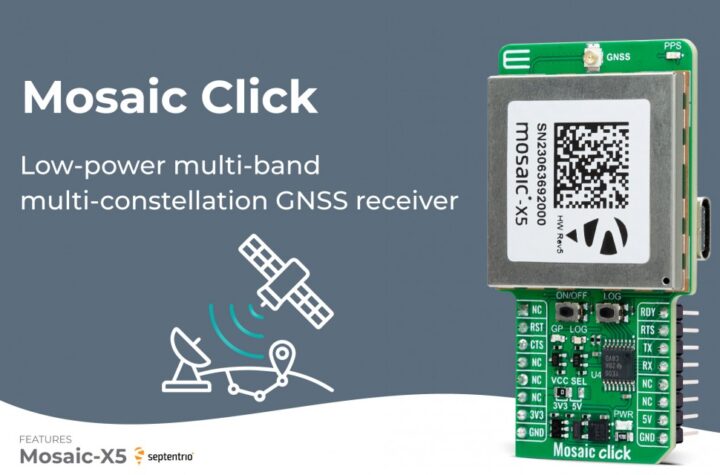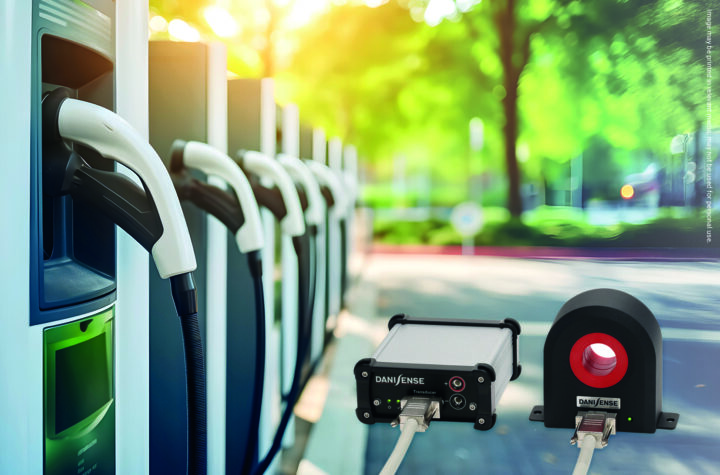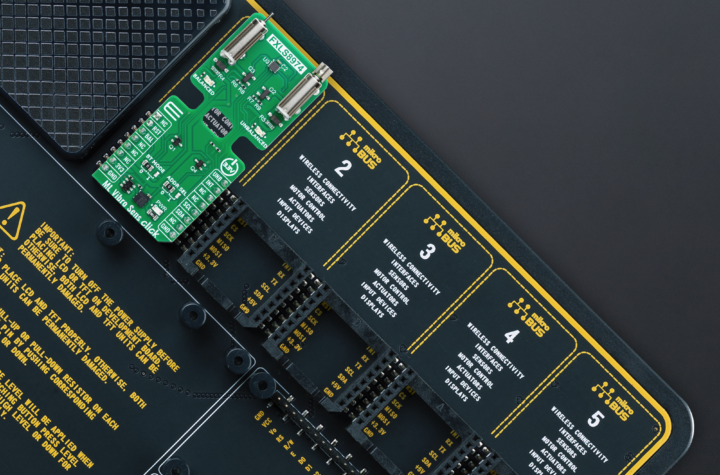
Environmentalists, automakers, entrepreneurs and politicians all argue that the next generation of electric vehicle cars will be a boon for the economy and the environment alike. Despite the hype, however, the final judge will be consumers, who will be voting with their wallets — and electric vehicle enthusiasts might not like the returns, according to a new report from Lux Research.
Titled “Unplugging the Hype around Electric Vehicles,” the report takes a hard look at the economics of electric cars, including today’s hybrid electric vehicles (HEVs), as well as hotly anticipated plug-in hybrids (PHEV) and all-electric vehicles (EV). In preparing its report, Lux Research developed a demand-driven market model that calculates how fuel savings could counterbalance the higher price tags on electric vehicles. It includes projections for how the costs of these vehicles could fall as auto and battery manufacturers scale up production, and figures in the impact of oil prices using scenarios in which oil reaches $70/bbl, $140/bbl, or $200/bbl through 2020.
“Our model showed the HEV market doing well in every scenario,” said Jacob E. Grose, Ph.D., an analyst for Lux Research, and lead author of the report. “The markets for PHEVs and EVs, however, will remain small unless oil prices skyrocket. Even in the scenario with $200/bbl oil in 2020, only about 4% of the vehicles sold worldwide will be PHEVs or EVs, due to the high costs of the battery technology for these vehicles.”
Lux Research’s report is required reading for automakers, Li-ion battery suppliers, and even utility executives, who will find realistic projections of future demand for their products and services. The report also provides solid footing for government officials charged with drafting strategic policy and subsidies for their domestic EV industries.
Among the report’s key conclusions:
— Oil prices are a key determinant of adoption of electric vehicles.
HEVs are the only winner if oil prices hold steady at around $70/bbl. But
regardless of oil prices, sales of these vehicles should reach roughly 3
million units annually by 2020. PHEVs, by contrast, will require oil prices
around $200/bbl to achieve a similar level of success, and EV sales will be
a factor of ten smaller, even in this scenario.
— Geography and subsidies figure prominently in the adoption of PHEVs
and EVs. With oil at $200/bbl, light PHEVs could be the best-selling
electric vehicle in the U.S. by 2020, with over one million units sold. At
those oil prices, Japan could generate the biggest demand for electric
vehicles, due to the country’s high gasoline prices and generous government
subsidies. Meanwhile, a lack of subsidies in Western Europe and China
spells poor adoption rates in those markets for either class of electric
vehicle.
— Regardless of the scenario, Li-ion battery technology is a clear
winner. Even relatively modest success for the PHEV and EV market will be
an enormous boon for the global battery market. Costs for automotive Li-ion
cells will drop from over $720/kWh today to between $405/kWh and $445/kWh
in 2020 depending on oil prices. Moreover, sales of Li-ion batteries for
electric vehicles in 2020 range from around $510 million at $70/bbl, to
over $9 billion at $200/bbl. The market for NiMH batteries for HEVs,
meanwhile, changes little in any oil price scenario, ranging between $1.3
billion and $1.6 billion in 2020.
“Unplugging the Hype around Electric Vehicles” is part of the Lux Alternative Power and Energy Storage Intelligence service. Clients subscribing to this service receive continuous research on the industry, as well as market trends and forecasts, ongoing technology scouting reports, and proprietary data points in the weekly Lux Research Power Journal, and on-demand inquiry with Lux Research analysts.
About Lux Research
Lux Research provides strategic advice and on-going intelligence for emerging technologies. Leaders in business, finance and government rely on us to help them make informed strategic decisions. Through our unique research approach focused on primary research and our extensive global network, we deliver insight, connections and competitive advantage to our clients. Visit www.luxresearchinc.com for more information.















More Stories
Automotive Industries (AI) Newsletter October 2024
How Modern Equipment is Reshaping Automotive Production Standards
Automechanika Shanghai 2024